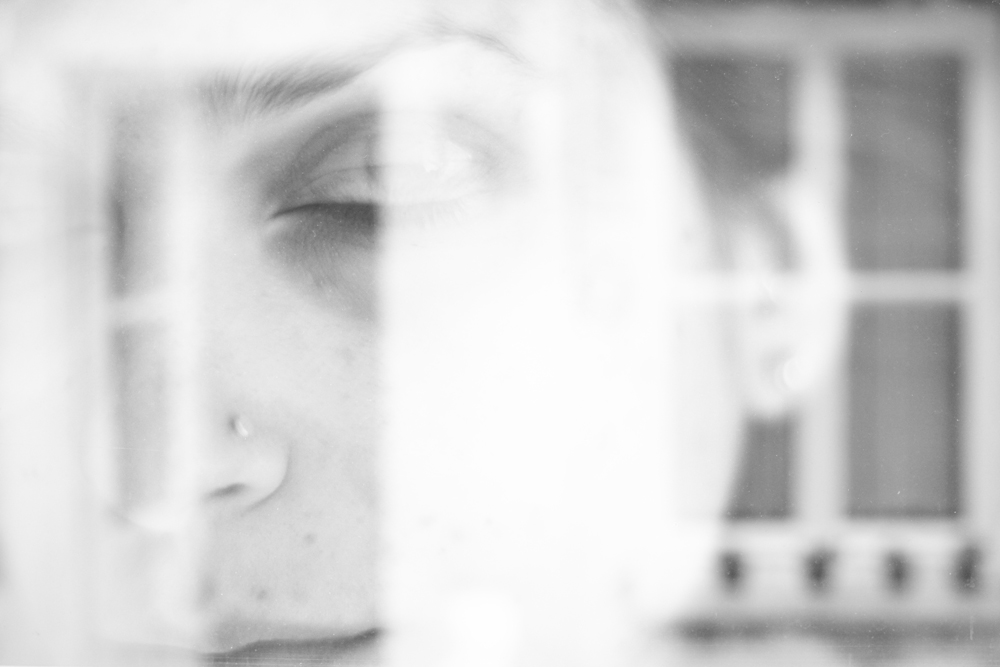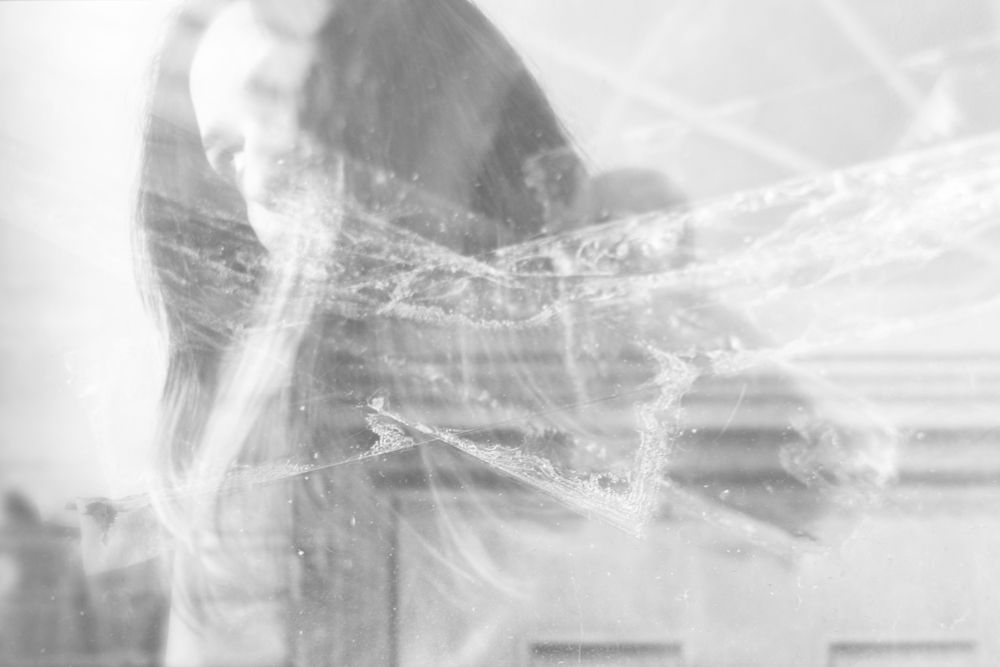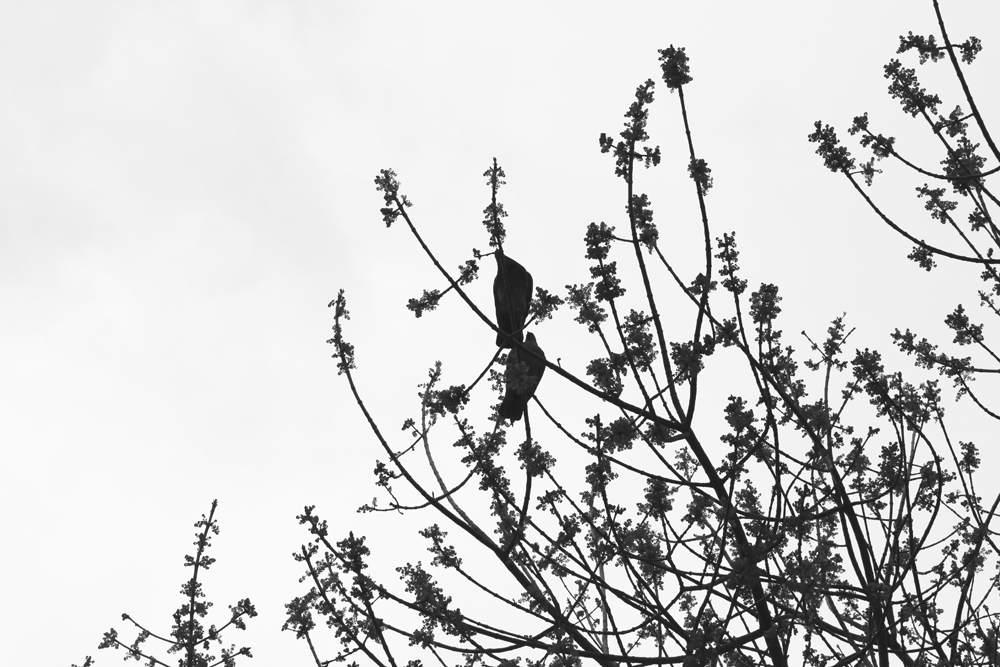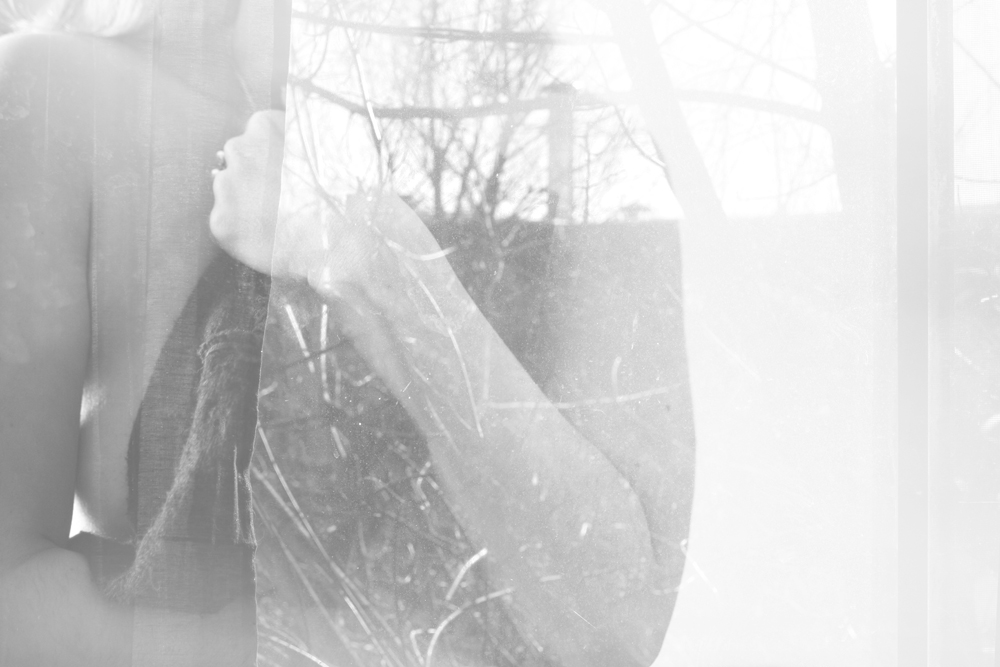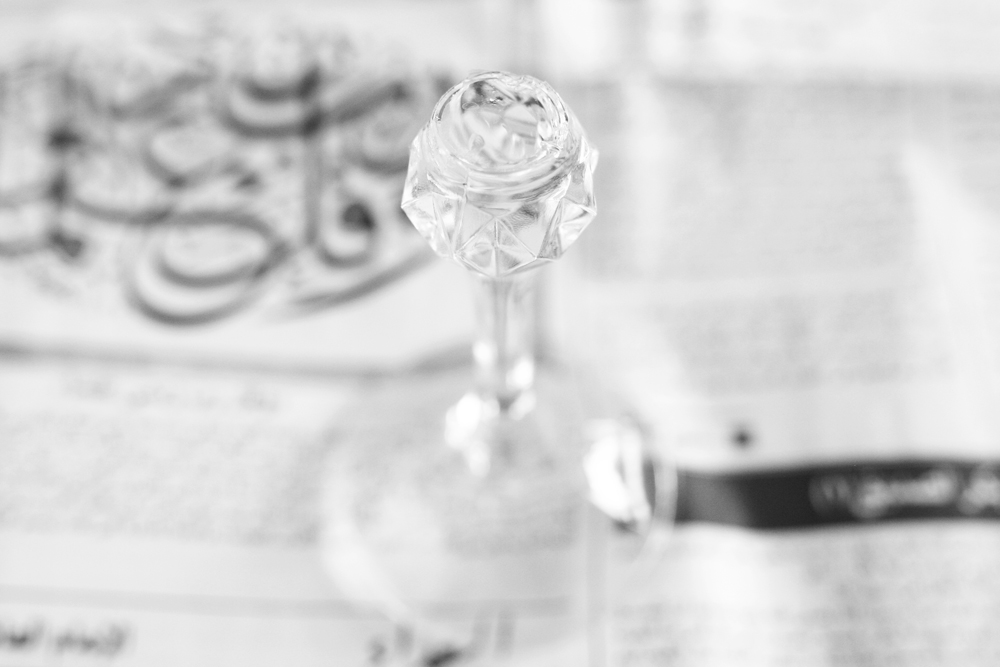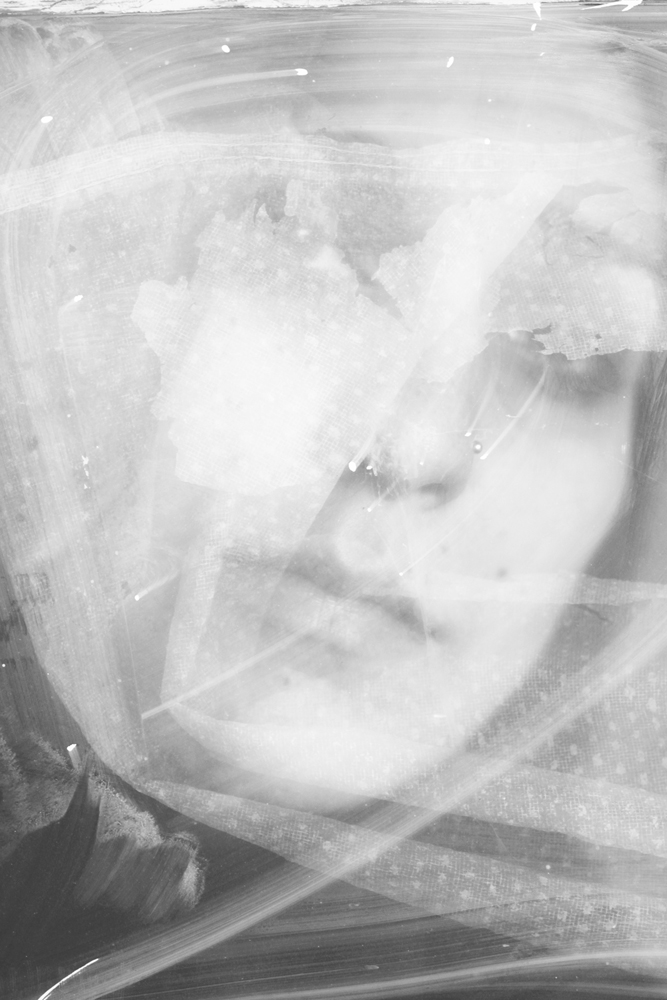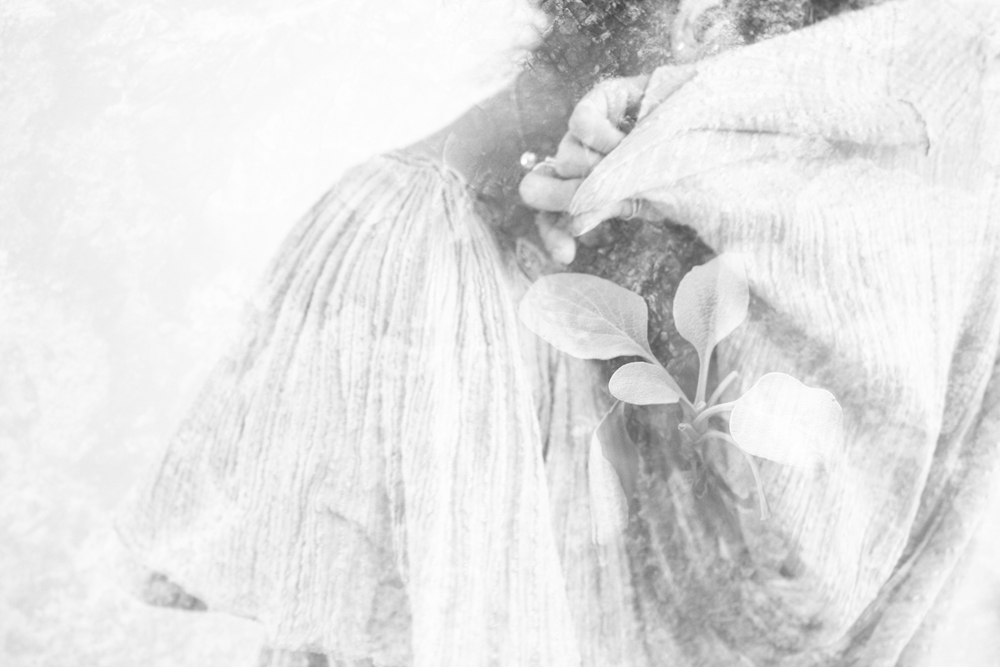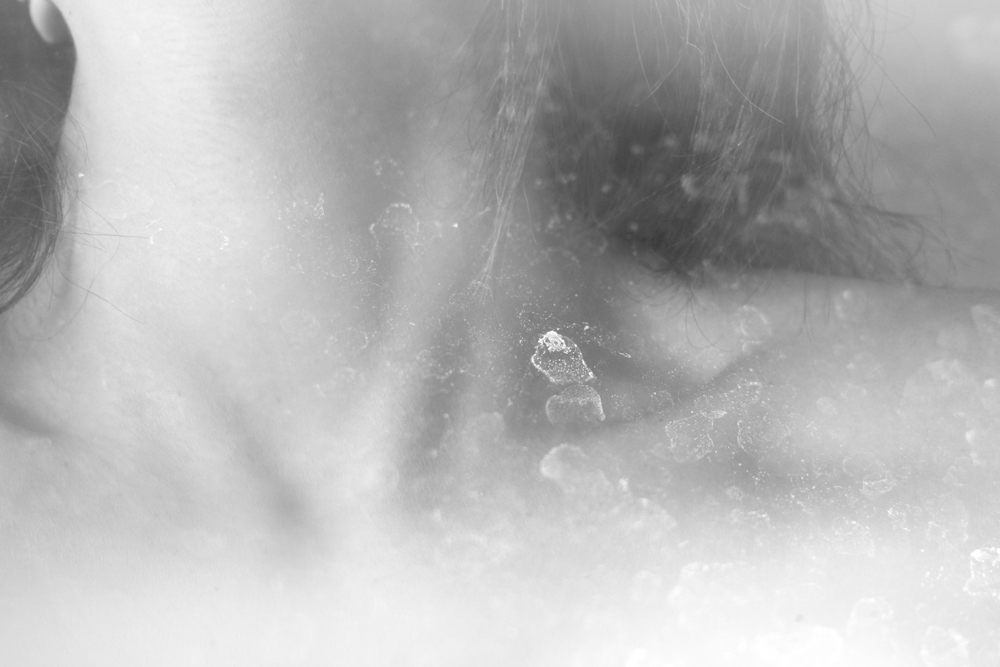
she sat with a cat. it was brown and black, sweet and unmemorable, sleeping on a rattan chair across from her. she had missed the boat by a minute, or maybe thirty seconds—it was sounding its horn and leaving the dock when she had turned the corner, a minute or thirty seconds earlier. there was a slight fog that day, though it hadn’t been as thick as the day before, a day where you couldn’t see further than the end of your nose, a day where you only cared about your eyes. she wished she could blame the fog for missing the boat, but she did no such thing, as it was not that kind of fog, and it was not that kind of day.
the air was warm and humid, and as the boat left without her, she saw the cat sleeping on a rattan chair by an empty table. she joined the cat though it had not invited her, and for a moment she wondered whether she should order coffee to justify sitting there for the nineteen and a half minutes that separated her from the next boat. she looked away, and as her eyes moved with the waves, an obscured sun cast stars on the water. she did nothing—something she was familiar with—something that would save her the trouble of making up her mind.
she waited for the boat, she looked at the water and at the fog; she sat with the sleeping cat, until a man came and, without a word, scooped it up in front of her. the man didn’t seem to know how to hold the cat, but he was no stranger to it. as he adjusted his arms and his hands around its brown and black fur, she saw the cat’s swollen belly full of kittens. the man disappeared into the building next door, the store of a pharmacist. the cat barely woke up.
the rattan chair now lay empty, yet still she sat waiting for the boat, looking at the water and at the fog. she had fifteen more minutes to spare before the next boat would arrive, and as the obscured sun cast stars on the water, she wondered if there was a rattan chair waiting inside the store, a rattan chair for this sleeping cat that was swept away before her eyes while she sat, waiting for the boat.

